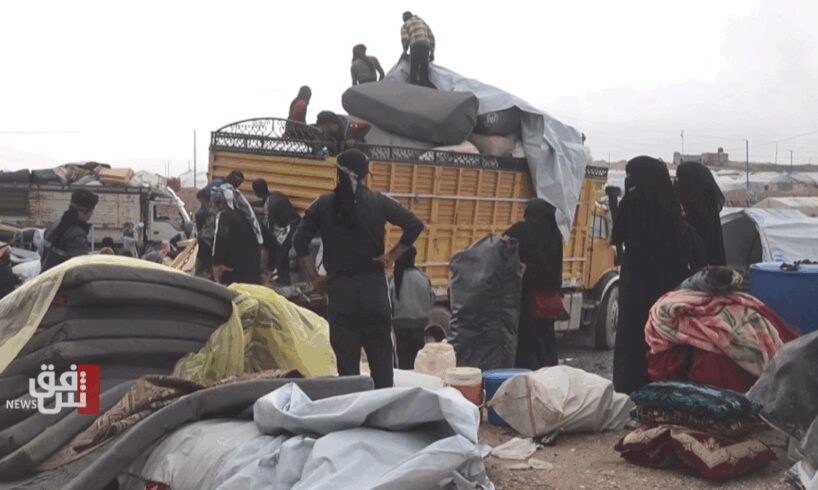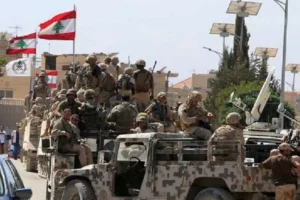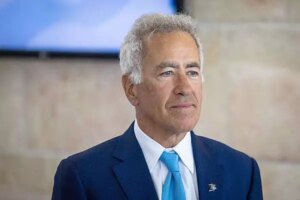
Shafaq News – Saladin/Nineveh
Iraq’s attempt to reintegrate families returning from Syria’s notorious al-Hol displacement camp has triggered deep societal unease, rekindling old wounds and exposing unresolved tribal feuds.
While the government moves forward with security and reintegration plans, local leaders, activists, and residents warn that the process risks fueling a new cycle of radicalization if not handled with greater care and community engagement.
On Friday, Iraq’s Counter-Terrorism Service (CTS) signed a memorandum of cooperation with the Ministry of Migration and Displacement to coordinate the rehabilitation and reintegration of returnees from Syrian displacement camps. The agreement reflects Baghdad’s commitment to resolving the long-running displacement crisis—yet it also raises difficult questions about justice, reconciliation, and long-term security.
“In many areas, blood still stains the ground—families who suffered under ISIS remember everything,” observed Sultan al-Jubouri, a tribal elder in Saladin province. Some families returning from al-Hol or Iraq’s al-Jadaa camp, he noted, are still seen locally as complicit in past atrocities.
“These are not easy decisions. Victims remain and vengeance still governs tribal memory. Reintegration cannot just mean returning people to their homes. It requires real rehabilitation, social mediation, and oversight—by both the state and tribal authorities.”
Without structured reconciliation mechanisms, he warned, thousands of families may remain trapped in isolation, fueling resentment among youth and increasing the risk of renewed extremism.
In Nineveh’s Tal Afar district, resident Abbas al-Mousawi raised concerns about reintegrating families with ideological or familial links to ISIS. Allowing them to return to civilian areas without strict oversight, he argued, poses a serious security threat.
As a solution, he proposed establishing dedicated reintegration centers—secure and closely monitored facilities where returnees would undergo psychological, religious, and educational rehabilitation before rejoining broader society. Many among the returnees, he added, include women and children with foreign fathers who died fighting for ISIS. These cases, in his view, are especially vulnerable to marginalization or radicalization. “Without structured containment, they are ticking time bombs.”
Fakhr al-Din Ahmad, a rehabilitation specialist who has worked extensively with ISIS-affiliated families, explained that the line between victim and perpetrator is often blurred. Many women and children, he noted, were indoctrinated or forcibly raised in extremist environments. Although they are victims in many respects, community members rarely view them that way.
“Even those who had no role in violence face rejection, collective blame, and social stigma. This isolation breeds anger—and possibly revenge.” International organizations are working to address the issue, he said, but their efforts require stronger government support and meaningful cooperation from local tribes.
In Diyala, displaced Iraqi Samir Abdullah described communities fractured by trauma and tension. Tens of thousands of families, he said, remain unable to return to their homes due to fears of retaliation and unresolved tribal grievances.
In many cases, individuals directly linked to ISIS are unable to return, leaving their families to attempt reintegration on their behalf—often provoking fresh tensions. “The memory of violence is still fresh. The wounds haven’t healed. Reintegrating families without a roadmap risks reopening those wounds.”
For Hossam Ahmad, a religious scholar focused on counter-extremism, security measures alone are insufficient. He believes Iraq must address the ideological roots of ISIS influence. “ISIS’s influence isn’t just military—it’s doctrinal. Families returning from its grip need spiritual deconstruction as much as psychological support.”
He called for sustained religious re-education programs led by moderate clerics trained in de-radicalization. “These children and women were taught false theology. Without correcting that foundation, no reintegration can succeed.” The goal, he added, is to restore trust and provide a vision of society these families can believe in. “Religious leaders must offer hope, not just judgment.”
From a legislative perspective, Arshad al-Salihi, head of the Parliamentary Human Rights Committee, emphasized the need to balance justice and rehabilitation. UN-backed programs are essential for rebuilding lives, he argued, but must also include security vetting to prevent fugitives from escaping accountability.
Victims of terrorism, he stressed, must not be overlooked. Some returnees from al-Hol, he pointed out, have chosen not to return to their original areas due to fears of tribal retaliation. International programs could help by creating safe zones and fostering community dialogue to address entrenched grievances.
Retired Iraqi Army Colonel Hamza al-Bayati echoed the need for long-term, structured rehabilitation efforts. “The ideology of ISIS is deeply rooted in some of these returnees. It won’t be undone in weeks or months. This requires a professional, multi-year approach supported at the international level.”
He called for layered interventions: trauma-focused therapy, religious counseling, vocational training, and educational programs. Women and children, in particular, need safe environments to rebuild trust and identity. Reintegration, he added, must also include economic empowerment through professional training and job creation.
Beyond individual support, al-Bayati urged wide-scale public awareness campaigns to reduce stigma and promote community acceptance. “Reintegration must be supported not just by security forces but by local leaders, educators, and civil society.”





